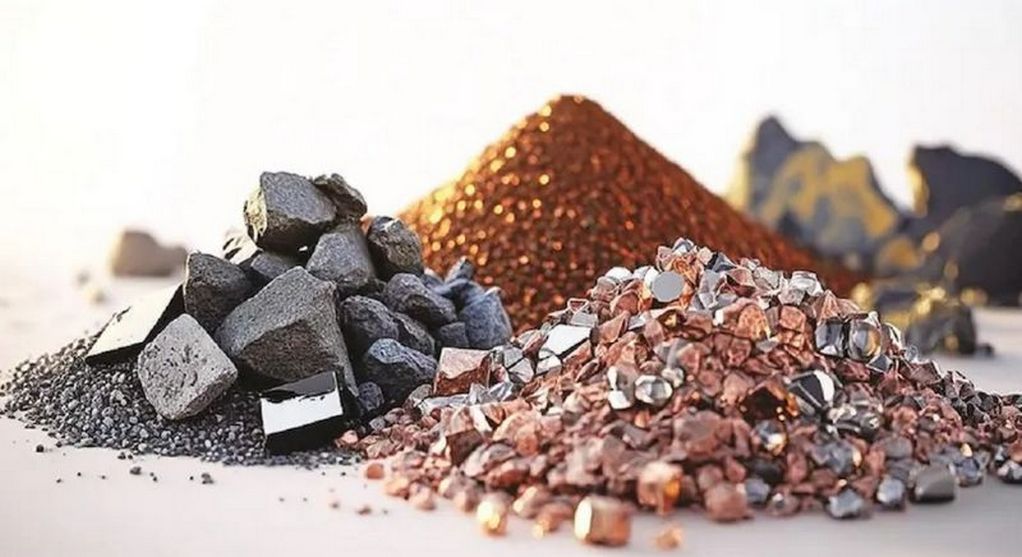Union Minister of Coal, Mines and Parliamentary Affairs Pralhad Joshi unveiled India’s first-ever report on critical minerals, prepared by an expert team constituted by the Ministry of Mines.
The Indian government has identified 30 critical minerals including lithium, cobalt and copper, stating that the listed minerals are essential for the country’s economic development and national security.
The 30 minerals listed by the government include Antimony, Beryllium, Bismuth, Cobalt, Copper, Gallium, Germanium, Graphite, Hafnium, Indium, Lithium, Molybdenum, Niobium, Nickel, PGE, Phosphorous, Potash, REE, Rhenium, Silicon, Strontium, Tantalum, Tellurium, Tin, Titanium, Tungsten, Vanadium, Zirconium, Selenium and Cadmium.
The critical minerals are also vital to power the global transition to a low carbon emissions economy, and the renewable energy technologies that will be required to meet the ‘Net Zero’ commitments of an increasing number of countries around the world.
Coal Minister Joshi said that at present Geological Survey of India (GSI) is more focussed on exploration of critical and deep-seated minerals to provide further fillip to the growth of the country’s mining sector.
The government said the compiled list of critical minerals is designed to identify and prioritise minerals that are essential for various industrial sectors.
Tags: Copper, India, Lithium, Minerals



Recent Posts
Report Highlights Pathway for Electrifying Nigeria’s Container Trade Sector
South Korean Company YPP Plans to Invest up to $3.1 Billion in Green Hydrogen Production in Kazakhstan
WattEV Expands Electric Truck Charging Network with Three New Depots in California
Anemoi Develops New Method to Accurately Measure Wind-Assisted Propulsion Benefits
Navigator Holdings and Amon Maritime Form Joint Venture for Ammonia-Fuelled Carrier Fleet
Hygenco Commissions Maharashtra’s First Green Hydrogen and Oxygen Facility to Power STL’s Net Zero Goals
India Invites Second Round of R&D Proposals Under ₹4 Billion Green Hydrogen Mission
BMTC Adds 148 Tata Electric Buses to Bengaluru Fleet, Strengthens Green Mobility Drive